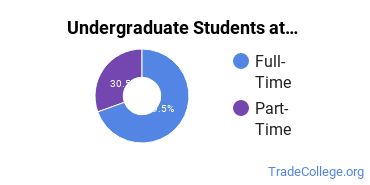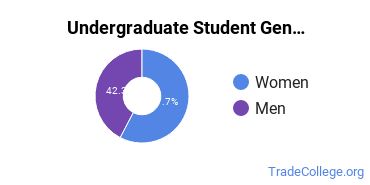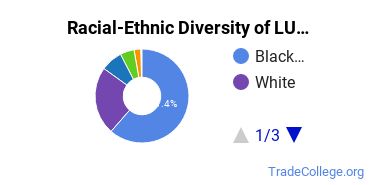Find Trade Colleges
Lincoln University Trade Programs
Lincoln University is a public institution situated in Jefferson City, Missouri. Jefferson City is a great location for students who prefer city over country life.
Featured schools near , edit
Where Is Lincoln University?

Contact details for LU Missouri are given below.
| Contact Details | |
|---|---|
| Address: | 820 Chestnut Street, Jefferson City, MO 65101 |
| Phone: | 573-681-5000 |
| Website: | www.lincolnu.edu |
Can I Afford LU Missouri?
| In State | Out of State | |
|---|---|---|
| Tuition | $7,370 | $14,962 |
| Fees | $1,920 | $1,920 |
| Books and Supplies | $2,000 | $2,000 |
| On Campus Room and Board | $10,552 | $10,552 |
| On Campus Other Expenses | $3,554 | $3,554 |
Student Loan Debt
It's not uncommon for college students to take out loans to pay for school. In fact, almost 66% of students nationwide depend at least partially on loans. At LU Missouri, approximately 45% of students took out student loans averaging $5,417 a year. That adds up to $21,668 over four years for those students.
Lincoln University Undergraduate Student Diversity

There are also 120 graduate students at the school.
Gender Diversity
Of the 1,312 full-time undergraduates at LU Missouri, 41% are male and 59% are female.

Racial-Ethnic Diversity
The racial-ethnic breakdown of Lincoln University students is as follows.

| Race/Ethnicity | Number of Grads |
|---|---|
| Asian | 6 |
| Black or African American | 776 |
| Hispanic or Latino | 36 |
| White | 328 |
| International Students | 45 |
| Other Races/Ethnicities | 121 |
Geographic Diversity
Missouri students aren't the only ones who study at Lincoln University. At this time, 17 states are represented by the student population at the school.
Over 16 countries are represented at LU Missouri. The most popular countries sending students to the school are Jamaica, Saudi Arabia, and Nigeria.
Lincoln University Trade School Concentrations
The table below shows the number of awards for each concentration.
| Major | Associate’s | Bachelor’s | TOTAL |
|---|---|---|---|
| Civil Engineering Technology | 0 | 3 | 3 |
| General Drafting & Design Technology | 3 | 0 | 3 |
| Engineering Technology | 2 | 0 | 2 |
| Laboratory Sciences & Medical Technology | 0 | 0 | 0 |
| TOTAL | 5 | 3 | 8 |
References
*The racial-ethnic minorities count is calculated by taking the total number of students and subtracting white students, international students, and students whose race/ethnicity was unknown. This number is then divided by the total number of students at the school to obtain the racial-ethnic minorities percentage.
- College Factual
- National Center for Education Statistics
- Image Credit: By Wiremu Stadtwald Demchick under License
More about our data sources and methodologies.
